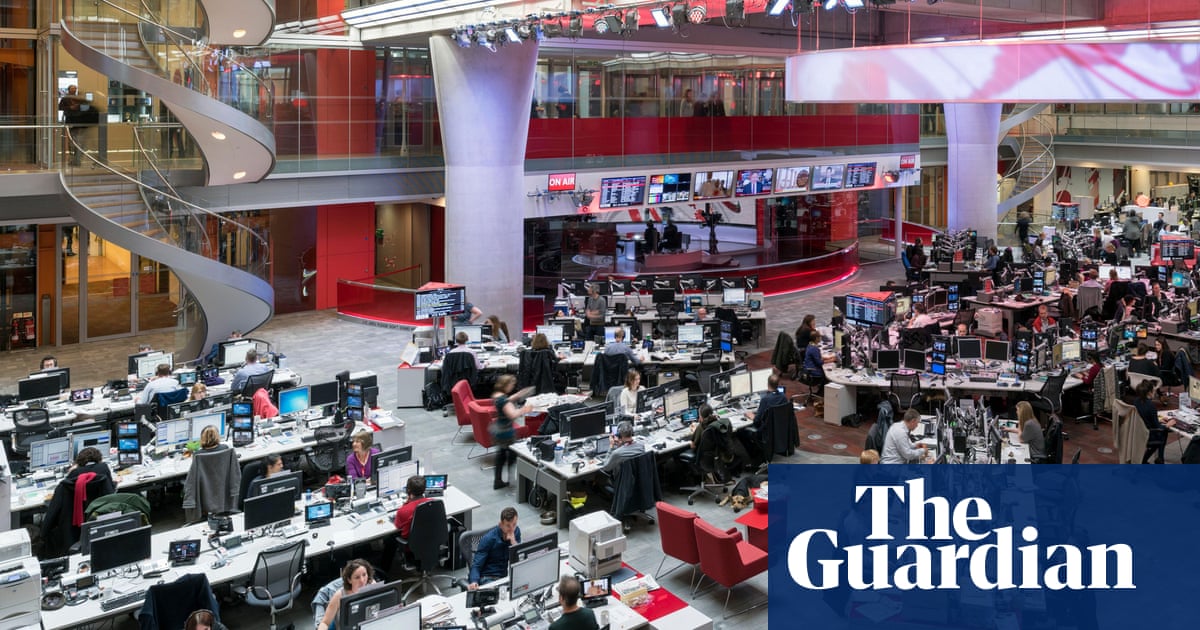SeniorBBCfigures are examining plans that would lead to American consumers paying to access its journalism, as the broadcaster looks to the US to boost its fragile finances.
The corporation, which is facing fierce competition from streamers and falling licence fee income, has been targeting US audiences as it attempts to increase its commercial revenues outside the UK.
Executives believe the perceived polarisation of the US media, especially during Donald Trump’s second term, may have created an opportunity for the BBC’s brand of impartial coverage.
The US is considered to be a prime target for the BBC to increase its overseas income, which has become an urgent task as the value of the licence fee has fallen significantly in real terms since 2010. Last year, the number of people paying the licence feefell by half a millionas audiences were drawn to alternatives such as Netflix and YouTube. The licence fee is £174.50 a year.
While the corporation has already relaunched its website and news app in the US, American consumers of its content are not asked to make any kind of financial contribution to the BBC’s output.
The Guardian understands that senior figures are keen to increase revenues coming from the US, including examining the idea of asking users to pay for access in some form. Some US broadcasters, such as the free-to-air TV network Public Broadcasting Service (PBS), already ask for donations from supporters.
It is one of the potential areas of reform being considered by BBC bosses as talks over the renewal of its royal charter begin in earnest. The charter expires in 2027, with the corporation’s leadership adamant that their red lines are any move to a subscription or advertising model in the UK. However, they are also under pressure to show they are attempting to increase all other areas of income.
Tim Davie, the BBC’s director general, is keen to increase the corporation’s non-licence fee income. He is the former boss of BBC Studios, which oversees the broadcaster’s commercial operations. He has said he is willing to embrace reforms that make its finances “fairer, more modern and more sustainable”.
BBC Studios has already been selling ads on its content in the US, including theBBC.comwebsite and app. The corporation’s website in the US was relaunched at the end of 2023, followed by an overhaul of the corporation’s app last year.
The US is the BBC’s largest English-speaking market and its second-largest overall, behind India. Its focus on North America has led to its digital newsroom there doubling in size, with an expansion in live broadcast programming from its Washington DC bureau.
Internal figures suggest since relaunching, BBC.com has had double-digit growth for nine consecutive months. The website reaches 130 million people globally, with 67 million of those in North America.
Despite the focus on increasing its income, the BBC’s revenues fell by 12% last year to £1.84bn, though it has increased significantly over the last five years. The fall last year was blamed on a slump in a post-Covid pandemic fall in TV production and commissioning, as well as investments made in BBC.com.
